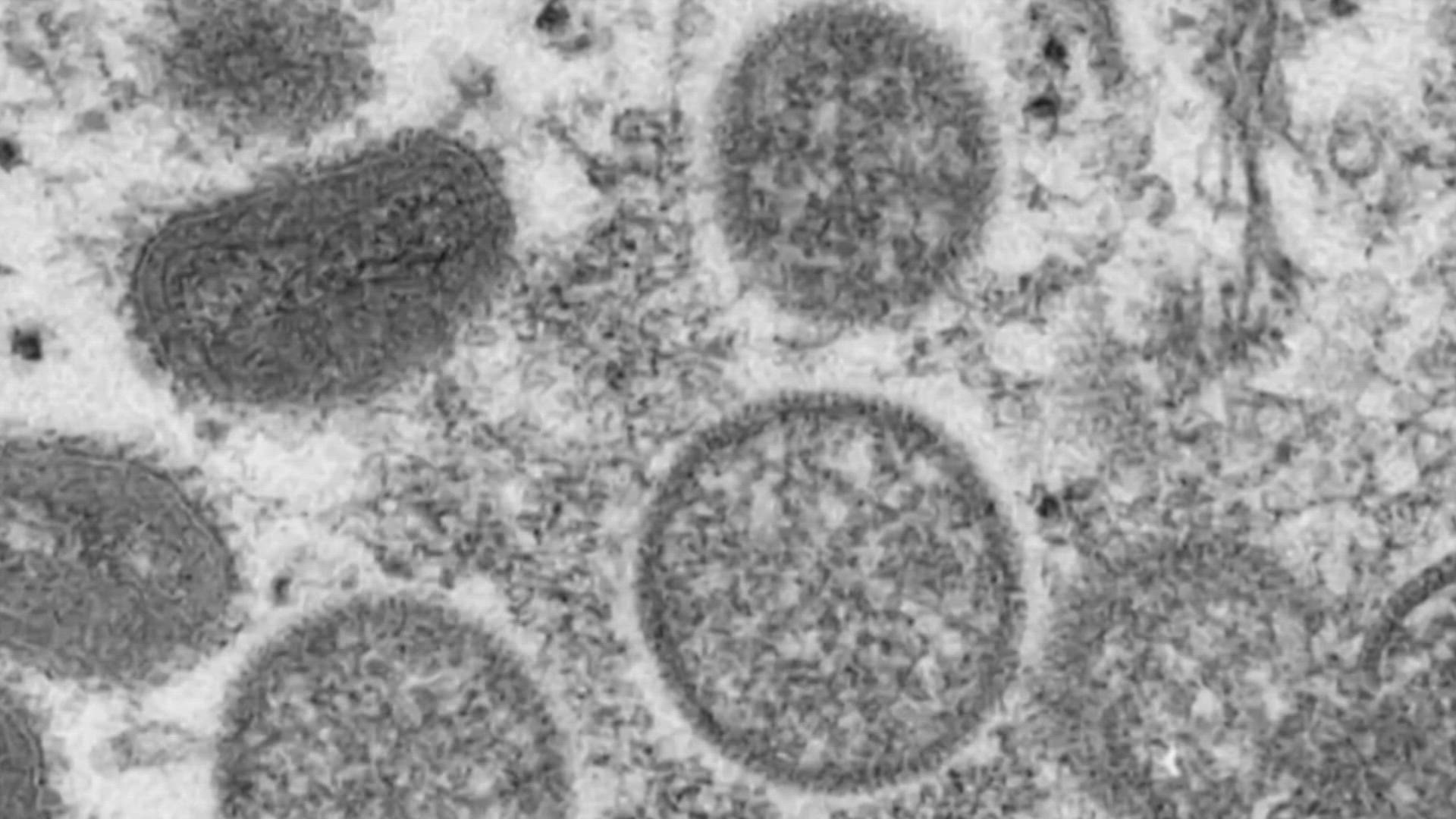WASHINGTON — On Thursday, officials from the Washington State Department of Health (DOH) released new information surrounding monkeypox cases the same day as the federal government declared it a public health emergency.
As of Aug. 3, DOH said 166 cases have been reported, with the majority of cases in King County. Other cases were reported in Whatcom, Snohomish, Pierce, Lewis, Yakima, Benton, Cowlitz, Clark, Mason and Kitsap counties.
DOH officials said while many counties don't have any confirmed cases, the department expects that to change as a "natural consequence of infectious disease transmission." Officials emphasized that while there has been a disproportionate impact on the LGBTQ+ community, anyone can become infected.
"This is a human disease," Secretary of Health Dr. Umair Shah said. "It's about the behaviors, it's not specific to sexual orientation or gender identity, anyone can get (monkeypox) through close contact with someone with a contagious rash related to (monkeypox), or also we believe some transmission potential through touching of linens or clothing that has been exposed to (monkeypox) virus as well."
The first confirmed case of monkeypox was May 23 in King County. DOH began a workgroup before activating an Incident Management Team in July.
According to Chief Science Officer Tao Sheng Kwan-Gett, cases have been roughly doubling every seven to eight days, with all cases occurring among adults.
Monkeypox can be spread through contact with rashes, scabs, or fluids and through prolonged respiratory contact. It can also spread through touching the same objects or clothes, though brief interactions are not considered high risk or close contact.
“There is no place for stigma in our community’s response to monkeypox," he said.
DOH requested 96% of the vaccine doses allocated by the federal government, leaving the other 4% for when it identifies more counties or Tribal communities that may need assistance. You can read more about challenges in accessing vaccines locally here.
DOH Director of Community Relations and Equity Naisha Williams said the department has learned lessons from the COVID-19 response, and the reduction strategy will involve engaging with trusted community organizations, community leaders and healthcare providers to connect with community members.

